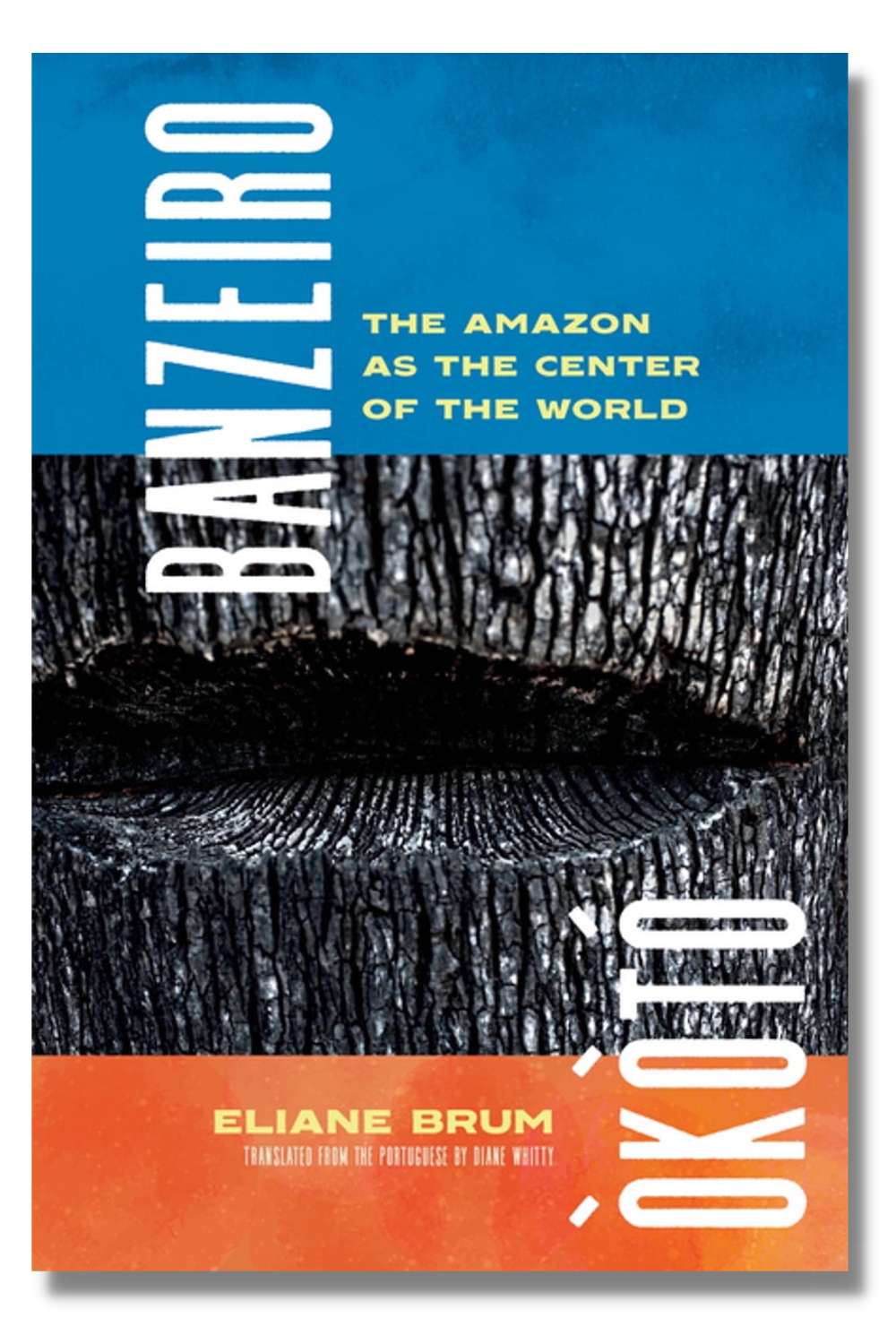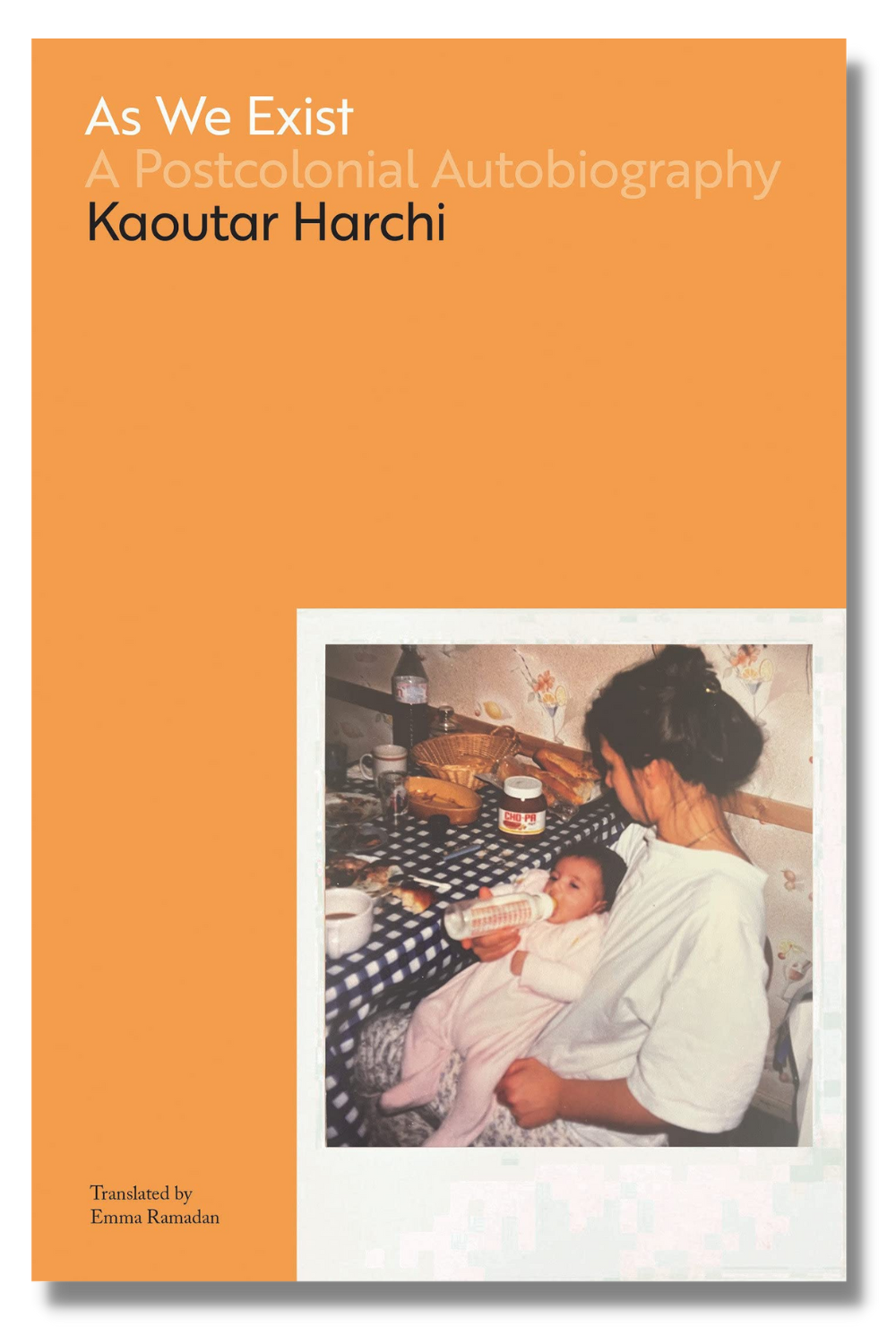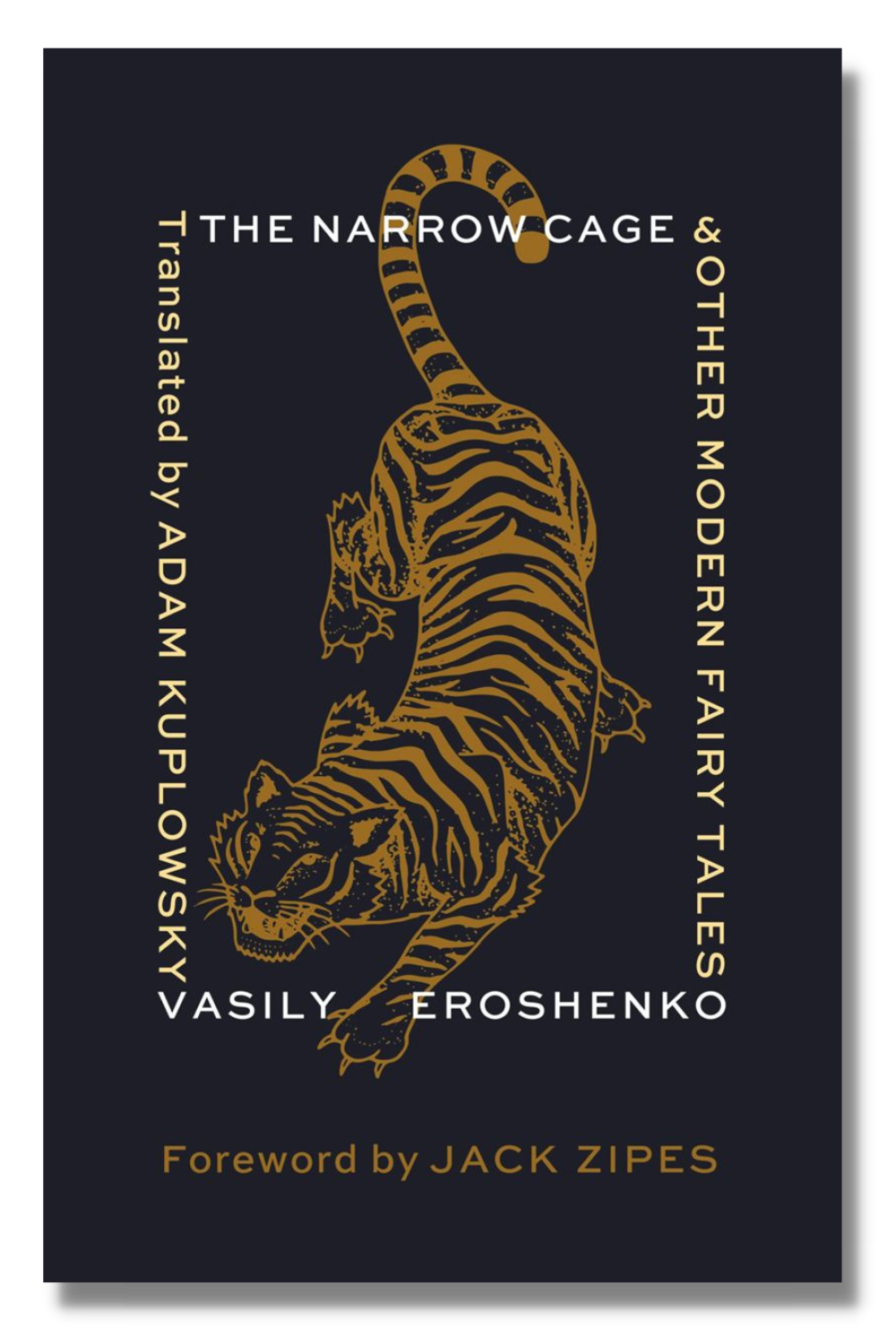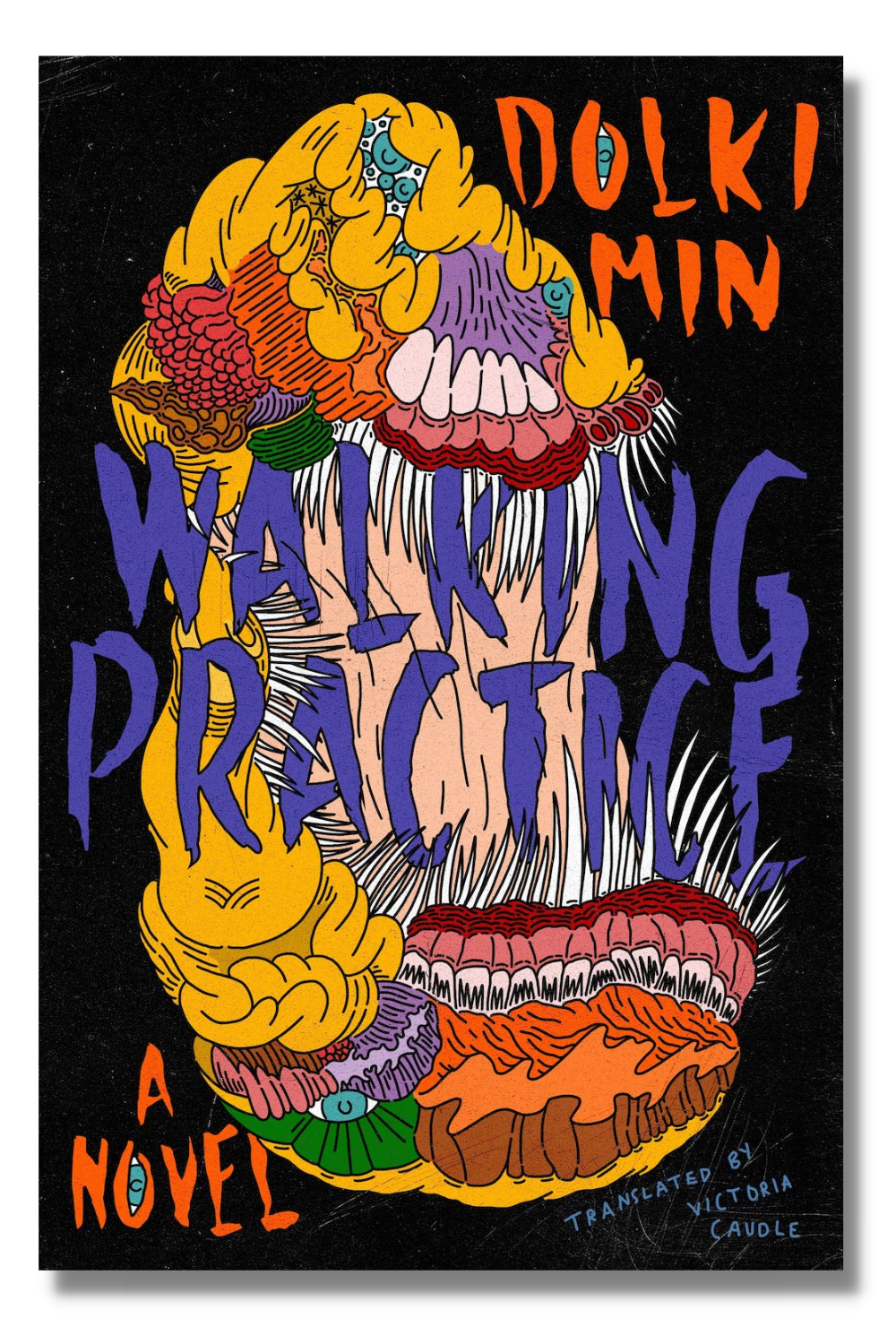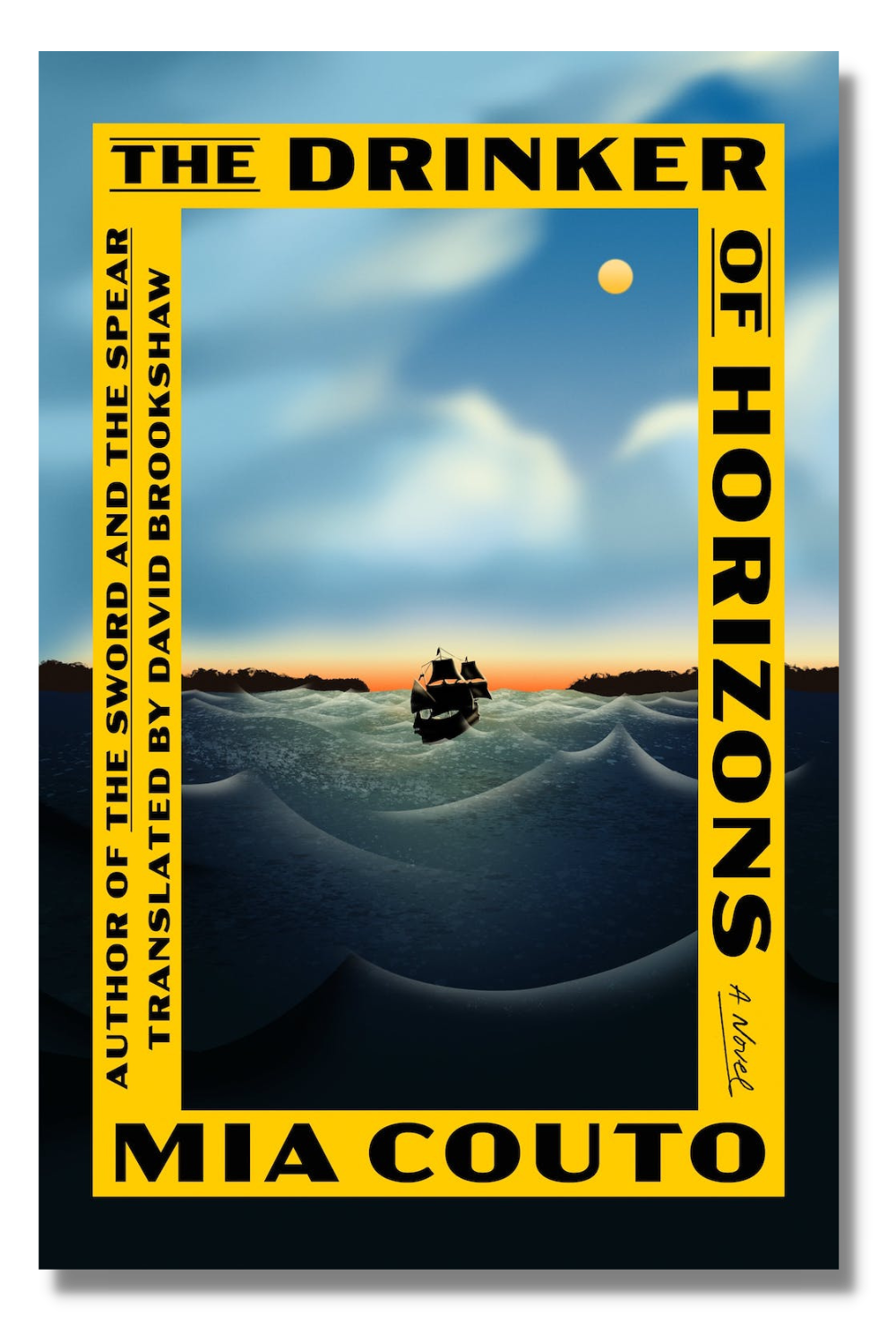From Graywolf Press | Banzeiro Òkòtó: The Amazon as the Center of the World by Eliane Brum, translated from the Portuguese by Diane Whitty | Nonfiction | 408 pages | ISBN 9781644452196 | US$18.00
What the publisher says: “Weaving together the lived stories of the region and its history of violent corruption and destruction, Banzeiro Òkòtó is a call for radical change, for the creation of a new kind of human being capable of facing the potential extinction of our species.”
What Foreign Affairs says: “A Brazilian investigative journalist and a 2021 winner of the prestigious Maria Moors Cabot Prize for journalism in Latin America, Brum comes out guns blazing in this sardonic, polemical work.”
What I say: Eliane Brum’s Banzeiro Òkòtó is a massive, sprawling book that can feel overwhelming at times. Brum’s goals here are multifaceted: she’s both addressing the current state of the Amazon and reckoning with the larger issues that have put its future in jeopardy. Throughout the book, Brum moves from a personal scale to a historic one and back again; the result is a work of environmental reportage like little else out there.
From Other Press | As We Exist: A Postcolonial Autobiography by Kaoutar Harchi, translated from the French by Emma Ramadan | Nonfiction | 176 pages | ISBN 9781635422849 | US$15.99
What the publisher says: “In this thoughtful coming-of-age memoir, a young sociologist reflects on her Moroccan immigrant parents, their journey to France, and how growing up an outsider shaped her identity.”
What Kirkus Reviews says: “Novelist and sociologist Harchi makes her English-language debut with a simultaneously tender and powerful memoir of growing up in eastern France as the only child of Moroccan immigrants. They worked as cleaners, arduous labor for which they felt exploited. Living in a community rife with violence, she was sensitive to her mother’s overwhelming fears, ‘and I began to fear, too.’”
What I say: Told in prose that’s alternately stark and free-flowing, Harchi’s memoir offers readers a powerful account of the search for home while coming of age. Her prose, in Ramadan’s translation, conveys personal and institutional cruelties with considerable power. And the moments when a young Harchi finds glimmerings of hope and joy for her future make for quietly transcendent reading.
From Columbia University Press | The Narrow Cage and Other Modern Fairy Tales by Vasily Eroshenko, translated from the Japanese and Esperanto by Adam Kuplowsky | Fiction and Nonfiction | 308 pages | ISBN 9780231207690 | US$25.00
What the publisher says: “The Narrow Cage and Other Modern Fairy Tales presents a selection of Eroshenko’s stories, translated from Japanese and Esperanto, to English readers for the first time. These fables tell the stories of a religiously disillusioned fish, a jealous paper lantern, a scholarly young mouse, a captive tiger who seeks to liberate his fellow animals, and many more.”
What Asian Review of Books says: “[Eroshenko’s] tales share the basics of fairy tales we find from around the world in passing along moral and cultural values, and working as entertainment and often humorously so. But his tales often challenge many of those values and reflect his assessments of power, class structures, and social injustices resulting from colonial oppression, white supremacy, and misogyny.”
What I say: Do you enjoy your fairy tales politically charged and subversive? The stories contained in this book of Vasily Eroshenko’s writings often check both boxes. This is a book in which animals ponder the existence of God and rebellions against the status quo are frequent. The book’s foreword, by Jack Zipes, offers fascinating historical context for Eroshenko’s work, as do the handful of nonfiction pieces collected here.
From HarperVia | Walking Practice by Dolki Min, translated from the Korean by Victoria Caudle | Fiction | 176 pages | ISBN 9780063258617 | US$26.99
What the publisher says: “Squid Game meets The Left Hand of Darkness meets Under the Skin in this radical literary sensation from South Korea about an alien’s hunt for food that transforms into an existential crisis about what it means to be human.”
What the New York Times says: “Mumu’s commitment to pointing out the absurdism of the gender binary reveals the book’s queer and trans lens. Meanwhile, their toes have a tendency to melt together, and they worry about losing control of their eyeballs.”
What I say: There’s bleak comedy aplenty in Dolki Min’s Walking Practice—which makes sense, given that protagonist Mumu is a shapeshifting alien who chats with unwitting guys on the internet and then devours them. But this isn’t simply an exercise in the overlap of horror and humor; instead, Mumu’s observations on human gender roles and the fraught nature of nearly every interaction in the narrative give this book a substantial narrative weight, even as the text and translation also factor in some playfulness.
From Farrar, Straus and Giroux | The Drinker of Horizons by Mia Couto, translated from the Portuguese by David Brookshaw | Fiction | 256 pages | ISBN 9780374605537 | US$27.00
What the publisher says: “If history is always narrated by the victors, in The Drinker of Horizons, Couto performs an act of restorative justice, giving a voice to those silenced by the horrors of colonialism. Throughout, Couto’s language astonishes, rendering with utter clarity the beauty and terror of war and love, and revealing the devastation of a profoundly unequal encounter between cultures.”
What Kirkus Reviews says: “There’s a plainspokenness to the prose (via Brookshaw’s translation) that belies the fact that, as in the prior two books [in Couto’s trilogy], colonialism is a carnival of horrors, destroying families and wrecking folkways.”
What I say: In this concluding volume to an ambitious trilogy about the history of Mozambique, Mia Couto wrestles with issues like colonialism, religious conflicts, and notions of family. It’s also subtly subversive; the star-crossed lovers in the narrative are kept separate, and many of the political maneuverings take place offscreen. The result is a moving tale with complex characters that rarely goes where you’d expect.
Copyright © 2023 by Tobias Carroll. All rights reserved.
Looking for more reading suggestions? Check out Tobias Carroll’s recommendations from last month.
Disclosure: Words Without Borders is an affiliate of Bookshop.org and will earn a commission if you use the links above to make a purchase.









